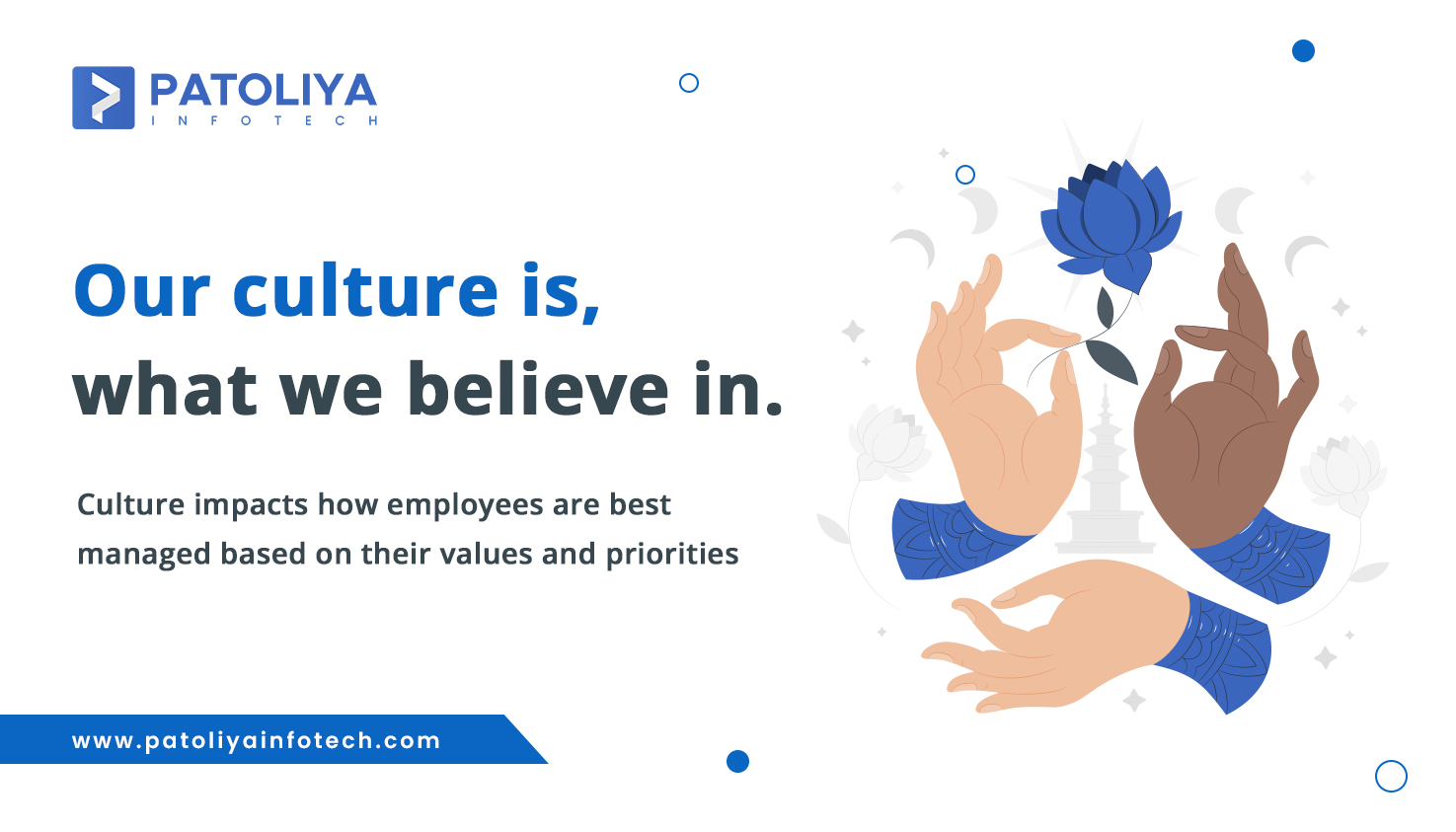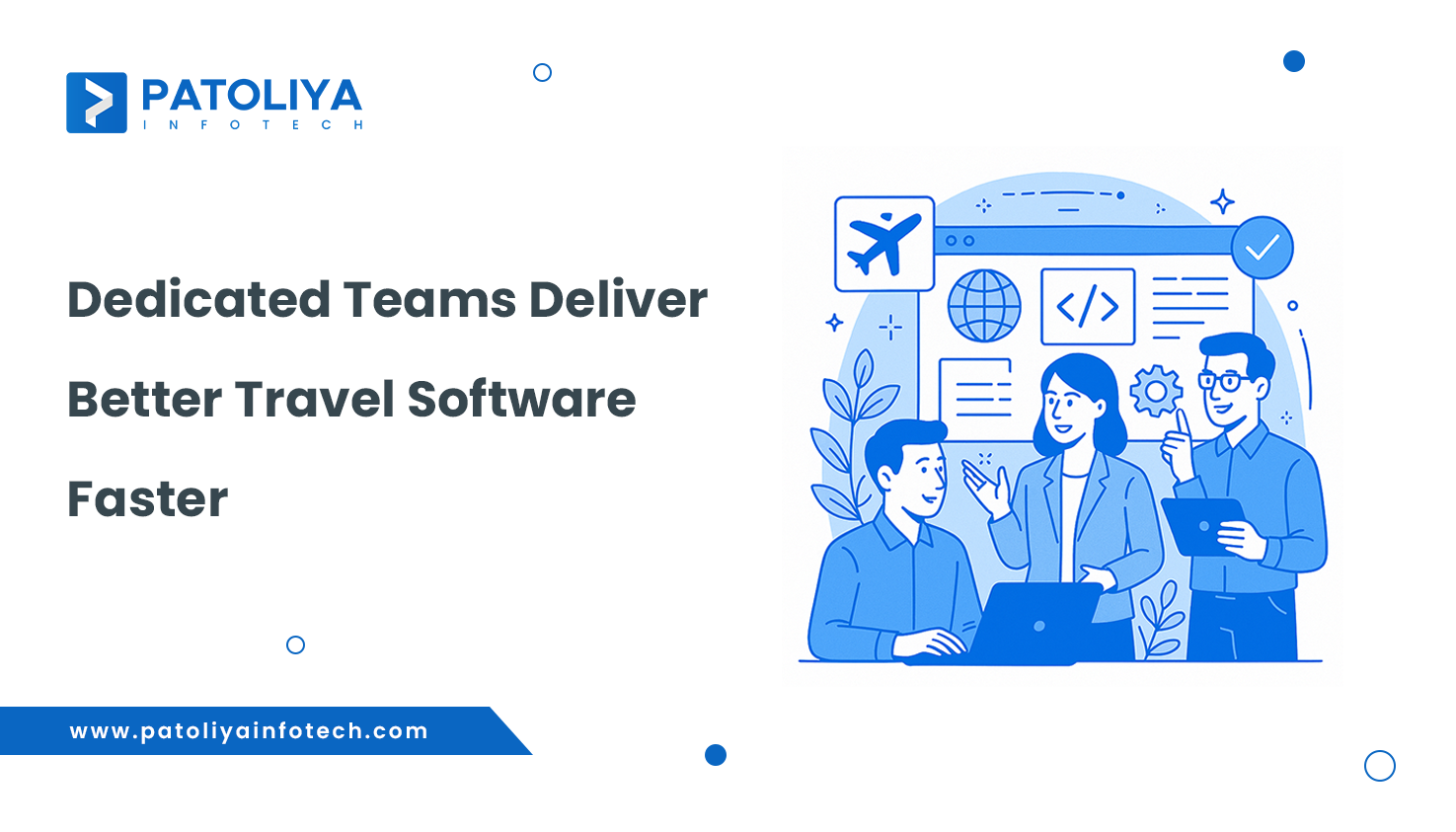Our culture is, what we believe in

Table of Contents
If you inquire with 10 individuals about the definition of "company culture," you'll likely receive 15 distinct responses.
Nonetheless, a greater understanding of the concept develops from closely listening to how employees describe their workplace.
It becomes clear that the interpretation of company development is a dynamic and nuanced idea created by the collective experiences and views of everyone within the firm, rather than a single, universally agreed-upon definition.
What constitutes company culture?
Company way of life is the manner in which activities are conducted within the workplace.
It encompasses the amalgamation of your established and unstated systems, behaviors, and values, all contributing to the overall experience for both employees and customers.
A Guide to Understanding Your Company Way of life
Engaging with employees is essential for gaining insights into your company's lifestyle. Using an employee experience survey platform is one successful technique.
When you ask employees about the corporate ability, you may hear statements like "a place where open communication thrives, knowledge is freely shared, and individuals proactively connect you with the right resources" or "a development that prioritizes people above all else."
While attractive facilities such as unrestricted vacation time and innovative policies might help shape business culture, it's crucial to note that these factors alone do not define a successful workplace.
True workplace brilliance is rooted in your employees' collective experiences.
The core of a great business culture is found not only in physical perks, but also in the day-to-day interactions, mutual support, and shared values that serve as the cornerstone of a healthy workplace.
So, when investigating your corporate way of life, keep in mind that the authentic experiences of your employees truly reflect the soul of your organizational identity.
What Do you think about Trust Based Techniques to Minimise Interference and Increase the Workflow.
Where does organizational development come from?
The crucial factors within your company development depend mostly around:
Employee Communication: The way team members engage and communicate with one another sets the tone for the entire culture.
Decision-Making Processes: The procedures used to make decisions have a significant impact on an organization's culture.
Employee Lifecycle Management: How workers are brought in, progressed, or transitioned out has an immense effect on business culture, from recruitment and promotions to departures.
Employee Recognition: Recognizing and acknowledging employees' accomplishments helps significantly with the culture, establishing a happy and motivated work environment.
Celebration of Achievements: How employees honor their achievements and appreciate one other's successes provides a distinct flavor to the business culture.
Creating a strong company culture: 4 essential principles
1. Start from where you are now.
Whether you have five employees or fifty, the best place to start is with your existing scenario. Engage your staff in discussions about the unique elements of your workplace.
These discussions will provide insight into the factors that influence your culture. For example, formed their corporate ideals based on these initial conversations.
2. Determine the parameters
A successful company culture does not happen by chance. Implement your ambitious goal once you've gained a strong understanding of the good qualities of your job.
What kind of experience do you want your employees to have? What do you want customers to think of your company? What kind of behavior is acceptable and what is not?
3. Set a good example.
At this moment, leaders must move beyond words and take decisive action. While your purpose, vision, and values may be put on the wall, the corporate culture is how you achieve those goals.
If integrity is a core value, make sure everyone understands how to display it via their behaviors. If transparency is a key value, make sure to demonstrate what it implies.
Remember that in every interaction with employees, you are either building, destroying, or mending trust. As a result, make your first interactions meaningful.
4. Keep track of your progress.
Despite our best efforts, obtaining the desired employee experience is not always guaranteed. As a result, be certain that you receive regular feedback.
Your team members are eager to share their thoughts and make suggestions. The more questions you ask, the more likely they are to supply useful information, so contributing to the continual improvement of your firm. Using an employee survey tool like Emprising to track and evaluate trends in employee input will help shape your strategic HR choices.
Do you Know about The Power of Mindfulness: Enhancing Focus and Reducing Stress check our blog
Understanding the Impact of Cultural Diversity on the Workplace
Cultural diversity can affect the workplace in numerous ways. Negative effects can include miscommunication, the creation of barriers, and dysfunctional adaptation behaviors. … Culturally diverse workers have different opinions, thoughts, beliefs, norms, customs, values, trends, and traditions.
The influence of cultural factors on business is extensive. Culture impacts how employees are best managed based on their values and priorities. It also impacts the functional areas of marketing, sales, and distribution. It can affect a company’s analysis and decision on how best to enter a new market.
An organization’s cultural environment can either increase or reduce employee stress. Workplace stressors, in turn, can take a dramatic toll on individuals and employers alike. … Managers exercise their influence over workplace stress in part by how they mold the culture of their work units.
The feeling of unity is one reason why creating a company culture is an important aspect of your business. Unity positively impacts the company by solidifying values and goals among employees and also increasing company morale. Having a defined company culture gives your team something to be excited about. Employees feel united by the mind if they are willfully united by heart and body gestures.
The work culture impacts the workplace in a great way because:
- It helps you attract talent. Potential job applicants, especially millennials evaluate your organization and its culture as a key criterion for joining.
- It drives engagement and retention. Habit creates a work environment that has the power to either strengthen or weaken employee engagement, motivation, and retention. When done right, culture becomes the glue that powers all of these important metrics.
- It impacts happiness and satisfaction. Research shows that employee happiness and satisfaction are linked to a strong workplace culture.
- It affects performance. Data consistently shows that organization with stronger cultures outperform their competitors in financial performance and are generally more successful.
Multiple voices, perspectives, and personalities bouncing off one another can give rise to out-of-the-box thinking. By offering a platform for the open exchange of ideas, businesses can reap the biggest benefits of diversity in the workplace and can lure maximum positive impact, and emotions can be very well handled.
A multicultural workforce can give an organization an important edge when expanding into new markets. Often, a product or service needs to be adapted to succeed overseas. Understanding local laws, regulations, and customs, as well as the competitive landscape, can help a business to thrive. Moreover, local connections, native language skills, and cultural understanding can boost international business development exponentially.
We at Patoliya Infotech have a culture of free boundaries, we believe in our individual employee strengths, capabilities, skills set, devotion, diversion of mindset, and their psychological impact on others. We have such a diverse way of life where each employee is being listened to well, and treated with due respect, and we are there for each employee in any kind of need.
Preservation of one’s own lifestyle does not require contempt or disrespect for other cultures.
Join our culture by working with our diverse team and explore our culture, and what we believe in Patoliya Infotech.



